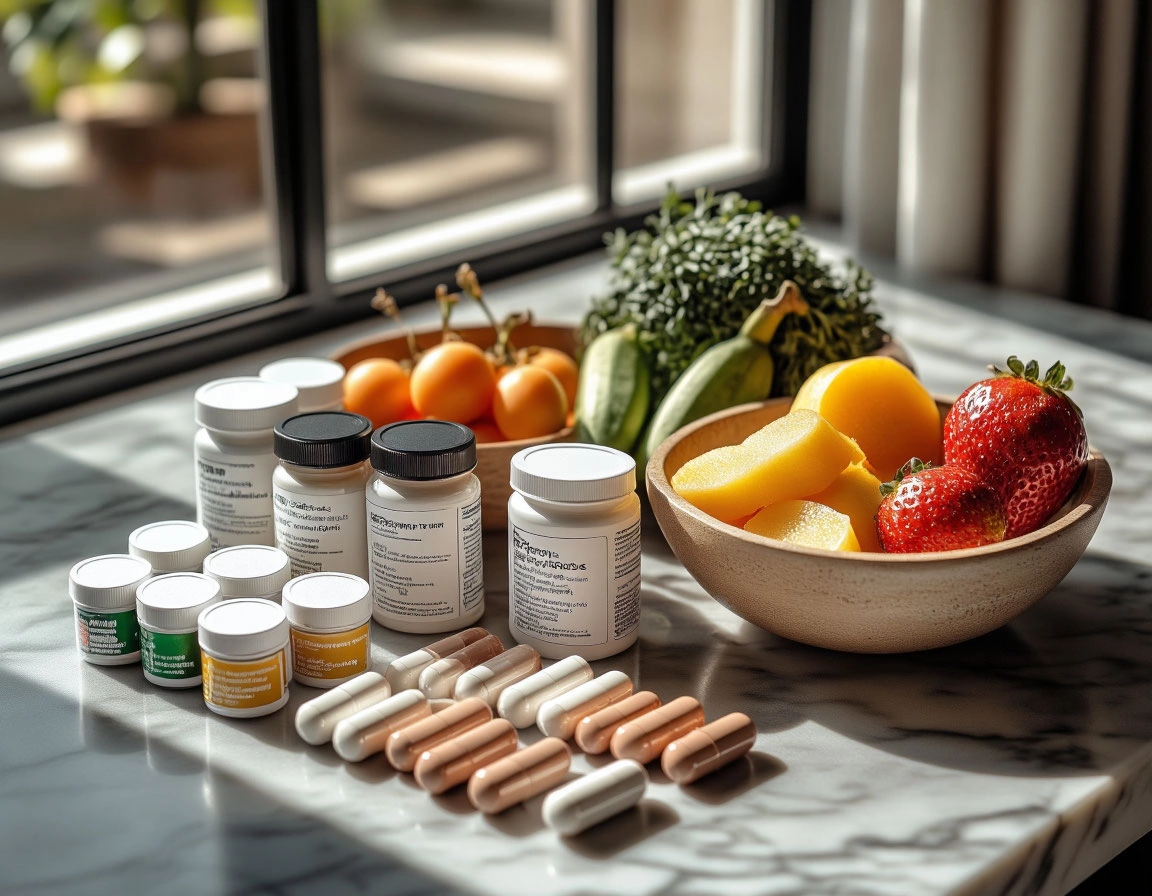🔍 Supplements Demystified: Expert Answers to Your Most Common Questions
🌱 Why Supplements Matter Today
In the modern world, where stress, fast food, and sedentary lifestyles are part of daily life, getting all the essential nutrients from food alone has become a challenge. Vitamins, minerals, amino acids, and other micronutrients are crucial for maintaining health and energy — and sometimes, the only way to replenish deficiencies is with dietary supplements.
From TV ads to pharmacy shelves, supplements are everywhere. But even with all this exposure, people still have many questions. Are supplements really safe? Can they replace medication? Should you take them without a doctor’s recommendation?
Let’s dive into the most frequently asked questions about dietary supplements — with expert insights to guide you.

💊 Can You Take Supplements Without Seeing a Doctor?
This is probably the most common concern among users. Technically, many supplements are safe for general use and come with clear instructions. However, self-prescribing supplements without knowing your exact nutritional needs or health status can backfire.
🔹 Some ingredients may cause allergic reactions
🔹 Certain supplements might interfere with medications
🔹 Dosage needs can vary depending on age, weight, or health conditions
That's why a consultation with a healthcare professional is strongly advised — especially if you're taking medications, have chronic conditions, or plan to use supplements long-term. A specialist can help you avoid ineffective or even harmful combinations and suggest products tailored to your body’s needs.

⚖️ Are Supplements a Form of Treatment or Just Prevention?
Supplements are not medicines. They aren’t meant to cure diseases or act as medical therapies. Medications are developed to target specific conditions and often require prescriptions. Supplements, on the other hand, are designed to:
🔹 Support overall well-being
🔹 Improve energy levels and metabolism
🔹 Replenish essential nutrients
🔹 Strengthen the immune system
So, while supplements are great for prevention and maintenance, they should never be considered a substitute for treatment in case of illness. Their role is to support — not replace — medical care.

🚨 Who Should Be Cautious With Supplements?
Although supplements can be beneficial, they are not suitable for everyone without exceptions. Certain groups should approach them with more caution:
👶 Pregnant and nursing women – Many supplements lack safety data for use during pregnancy. Only take them with your doctor's approval.
🛌 Pre-surgery patients – Some ingredients can affect blood clotting or interact with anesthesia. Inform your doctor beforehand if you're taking any supplements.
💊 People with chronic illnesses – From diabetes to hypertension, pre-existing conditions may complicate supplement use. Always consult your healthcare provider.
🤧 Allergy-prone individuals – Read labels carefully. Even natural ingredients can trigger allergic responses.

Close